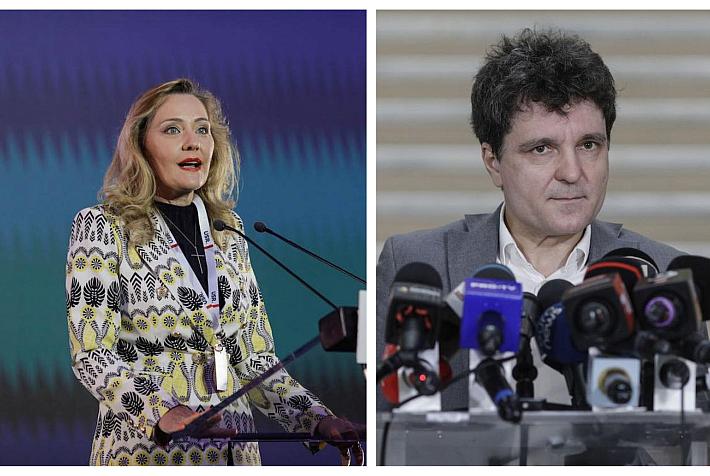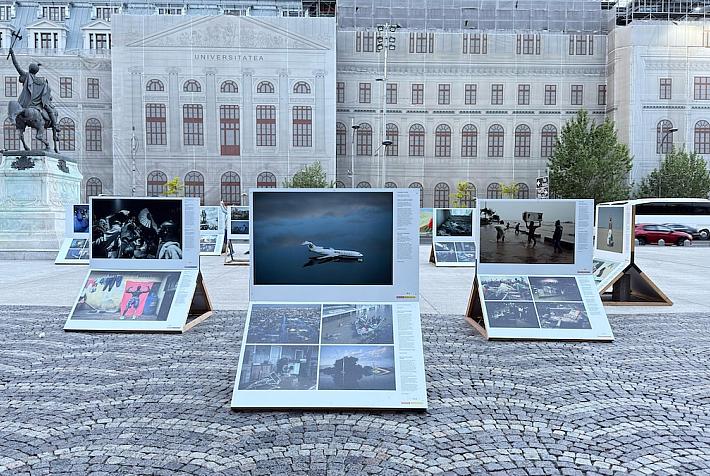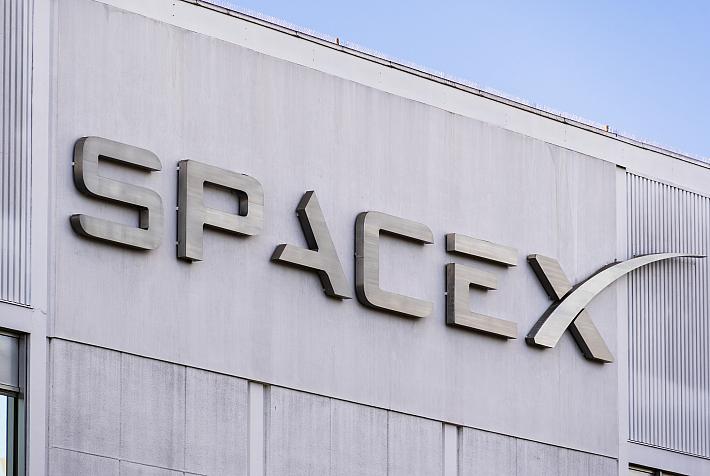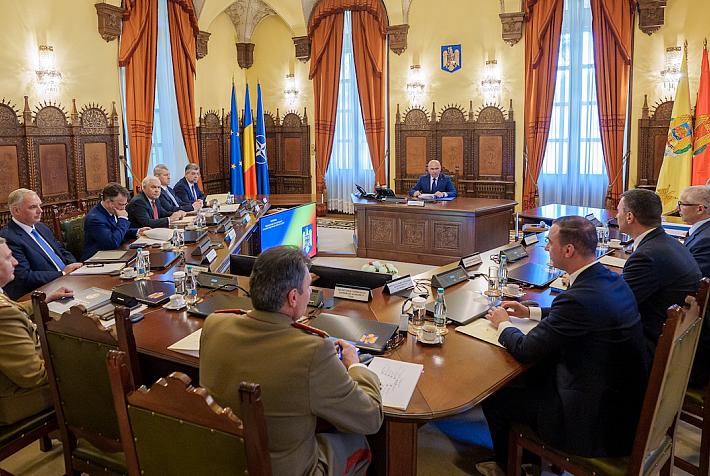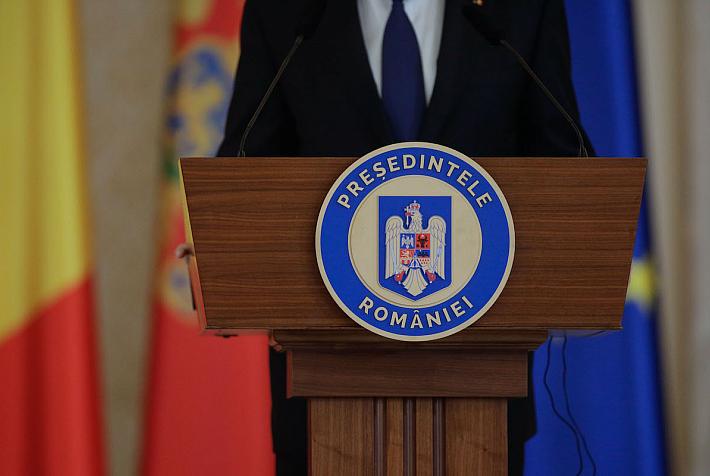Romanian Film Review – Coming of age: One World Romania 2025
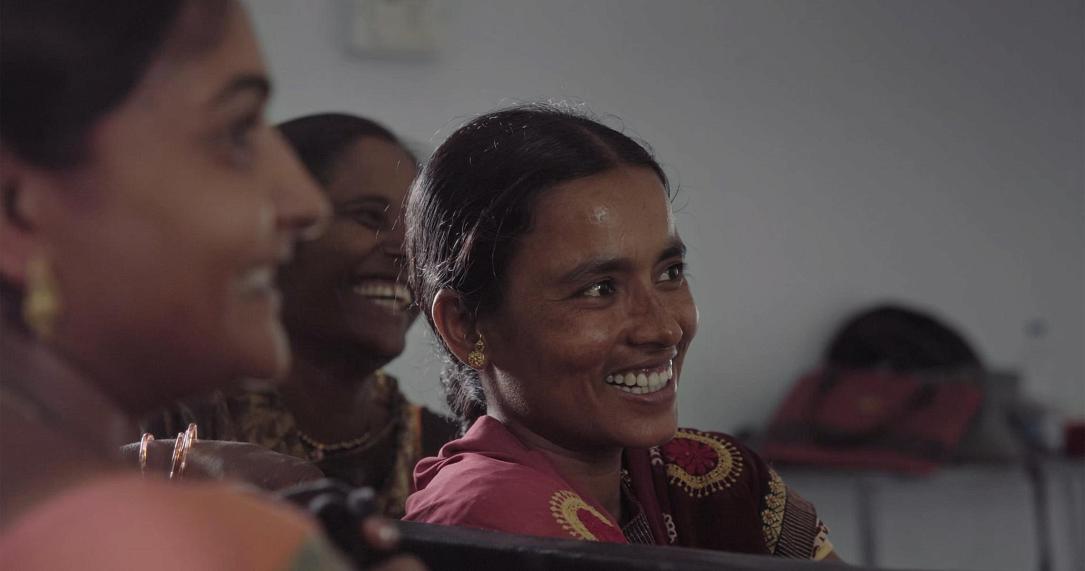
The international documentary fest human rights turned 18 this year. The on-site event wrapped up on April 13, but its online edition has just started with 12 titles available until 30 April. It celebrated with an impressively generous and diverse programme, including talks, debates, masterclasses.
It was an edition with such a large number of local films and a programme dedicated entirely to emerging filmmakers. It was great to see Tudor Platon’s An Almost Perfect Family/ O familie aproape perfectă screened again and with ample time for a talk afterwards, while Andra MacMasters’ Bright Future/ Viitor luminous is one of the most interesting films of the year, a montage of archive material from a world student festival in Pyongyang, North Korea, in 1989, where Romania sent a mixed delegation of students, politicians, and artists. Spectacular stuff, especially since the footage was shot by a member of an amateur film club. More on the film upon its release.
Looking at the international selection, the absolute joy was Igor Bezinović’s Fiume o morte! The director is from the Croatian town of Rijeka, on the northern Adriatic coast. A town with a multicultural background and the Italian name of Fiume. In 1919, famous Italian poet Gabriele D'Annunzio took a fateful liking to the town. D'Annunzio was also an army officer and a passionate one, so he decided to occupy the town and turn it into a protofascist state with him as a ruler. The occupation lasted 15 months. It is a truly absurd story, a film waiting to happen. And there could be no better film than this: a high-energy, irreverent mix of archive footage and staged scenes. Fiume o morte! (Italian for “Fiume or death”, a quote from the time) is full of facts but mostly very, very funny. Often because of the megalomaniac and downright insane historical stuff but also thanks to Bezinović’s approach. He interviews citizens of Rijeka about the episode and then casts them in a huge ensemble recreating various episodes of the occupation. A brilliantly simply set-up, original and cleverly executed. The protagonists are wonderful, the film is mischievous, and fascism is depicted as most ridiculous. As often the case, reality is madder than any imagined scenario.
The standout for me was Farah Kassem’s We Are Inside. After having spent most of her formative years abroad, the director returns to her hometown of Tripoli in northern Lebanon when her father’s health deteriorates. Mustapha Kassem is a poet and attends a regular poetry circle. In an attempt to find more of a common language, Farah decides to write poetry herself, to her father’s mixed (and often hilarious) response. Mustapha is stubborn, blunt, conservative in terms of poetic theory but also wonderfully witty, warm, roguish, and curious. He is a fantastic protagonist who knows exactly when to wink at the camera and break the fourth wall with charm and playfulness. Watching the two discuss, disagree, laugh, and ultimately find new ways to bond is a wonderfully moving process. Kassem takes her time, interweaving the relationship to her father with that to her city in constant political and social turmoil. A beautiful, wise film, melancholic and ultimately uplifting in its understanding of how life-affirming, community-forging art can be.
We Are Inside is also available online, together with Kinshuk Surjan’s luminous Marching in the Dark, a beautiful observational documentary about a group of widows in rural India trying to carve out a dignified life for themselves.
By Ioana Moldovan, film columnist: ioana.moldovan@romania-insider.com
Picture info & credit: still from Marching in the Dark, credit of One World Romania






